Reasons the Housing Market Won't Collapse into a Recession

Recent years have seen a surge in discussions about a potential recession, which might have you concerned about a scenario similar to 2008. However, examining the latest forecasts from experts reveals why such an outcome is unlikely to occur.
Jacob Channel, Senior Economist at LendingTree, states that the economy is quite robust:
"Currently, despite a few setbacks, the fundamental aspects of the economy are performing well. Although it's not flawless, the economy is likely in a better state than many are willing to acknowledge."
This could explain why a recent poll conducted by the Wall Street Journal reveals that only 39% of economists anticipate a recession in the coming year. This is a significant decrease from the 61% who forecasted a downturn a year prior (refer to the graph below):

The majority of experts are confident that a recession is unlikely in the upcoming 12 months. One contributing factor is the present unemployment rate. By examining data from Macrotrends, the Bureau of Labor Statistics (BLS), and Trading Economics, we can observe that the current unemployment rate remains notably low compared to historical records.
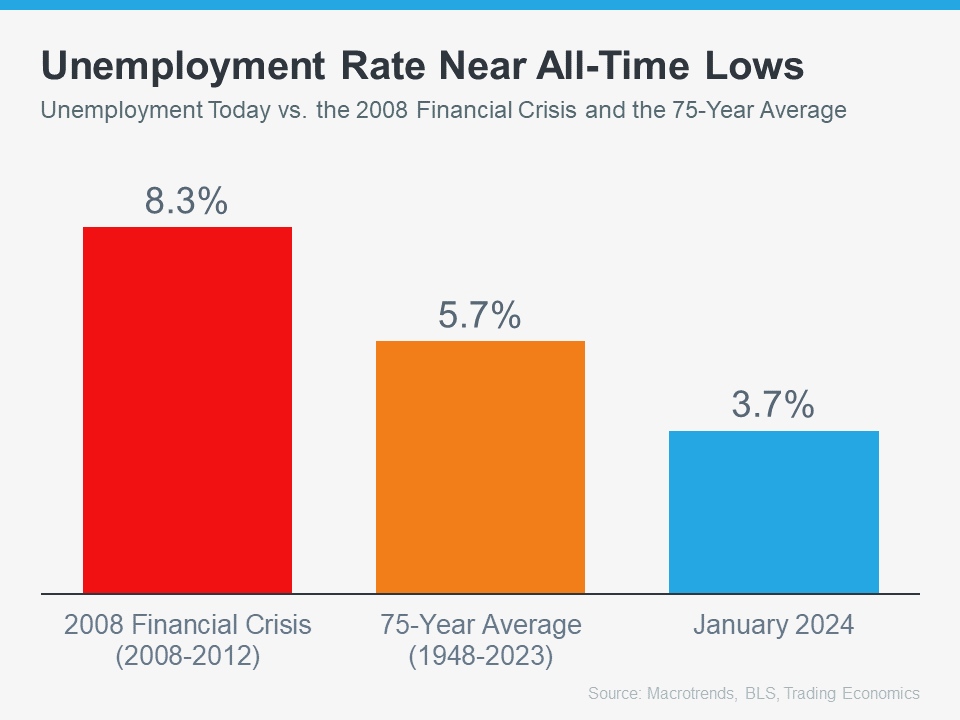
The orange bar indicates that the average unemployment rate since 1948 has been approximately 5.7%. The red bar highlights that, following the financial crisis in 2008, which coincided with the housing market crash, the unemployment rate soared to 8.3%. Both figures significantly exceed the unemployment rate of this January, which is depicted in blue.
However, will the unemployment rate increase? To address this question, refer to the graph below. It utilizes data from the same Wall Street Journal survey to illustrate expert projections for the unemployment rate over the coming three years, in comparison to the long-term average (see graph below):

As evident from the graph, economists predict that over the next three years, the unemployment rate will not approach the long-term average, let alone reach the 8.3% experienced during the last market crash.
However, if these forecasts hold true, some individuals will face job loss in the upcoming year. Joblessness is always challenging, affecting not only the person directly involved but also their friends and family. The crucial question remains: will the number of job losses be significant enough to trigger a surge in foreclosures, potentially leading to a collapse of the housing market?
Future forecasts indicate that the unemployment rate is expected to remain under the 75-year average. Consequently, a large wave of foreclosures that could significantly affect the housing market is not anticipated.
Bottom Line
The majority of specialists currently believe that a recession is unlikely in the coming year. Additionally, they do not foresee a substantial increase in the unemployment rate. This suggests there's no need to worry about a surge in foreclosures that could lead to a collapse of the housing market.
Categories
Recent Posts
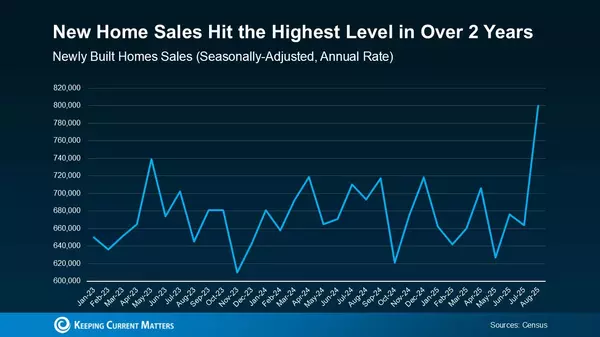
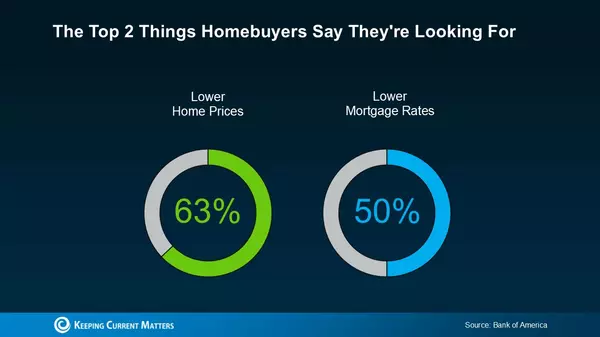
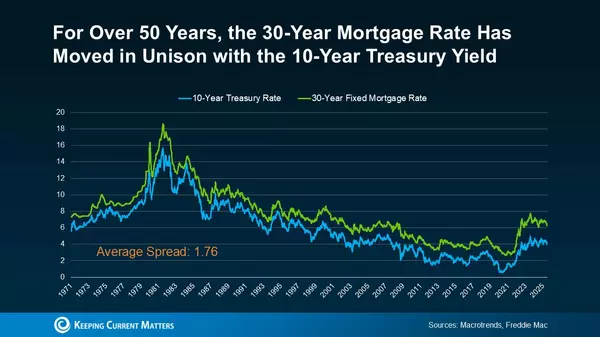
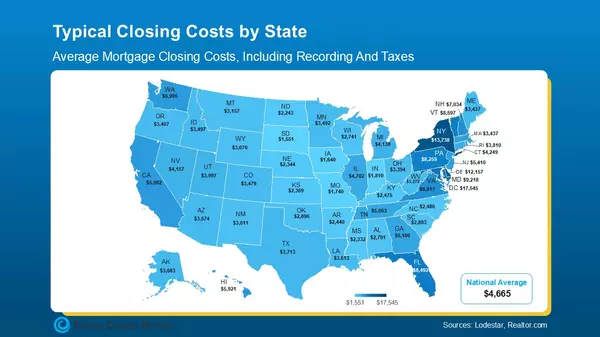
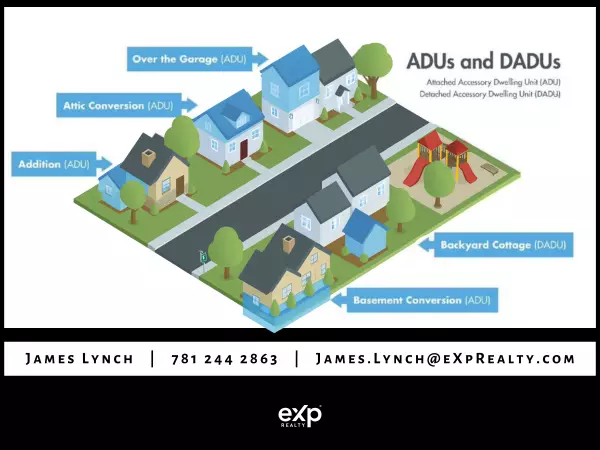

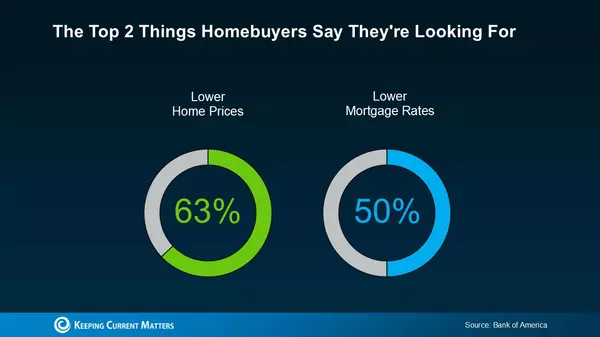
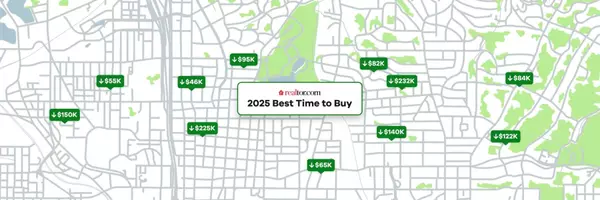
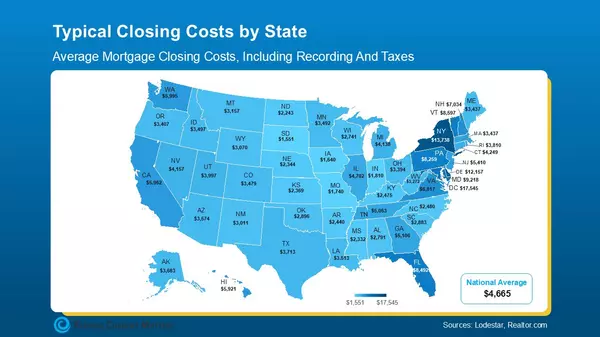
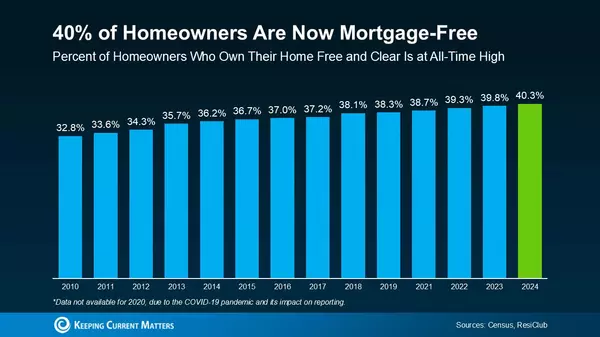
GET MORE INFORMATION


